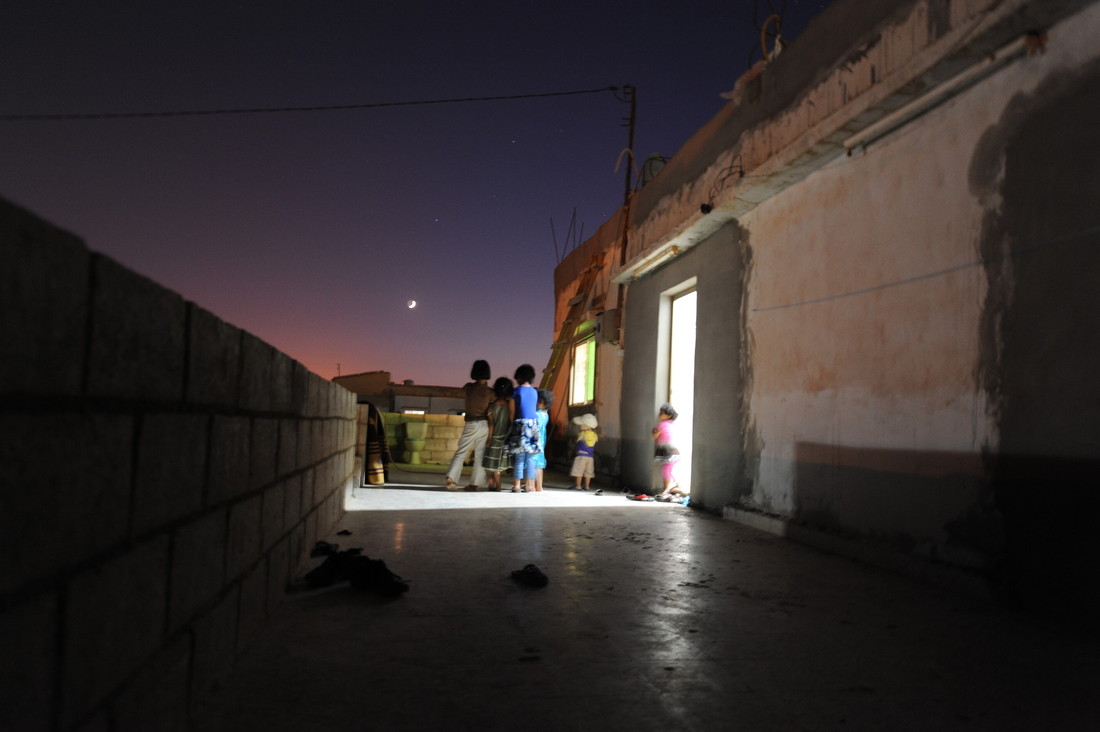Shaping the future: Our strategy for research and innovation in humanitarian response.

Shaping the future: Our strategy for research and innovation in humanitarian response.


Imagine going to the toilet was one of the most dangerous things you could do in a day. This is the situation for women living in refugee and IDP camps all over the world. Latrines have consistently been reported as one of the most dangerous locations for women to visit within camps, with the threat of sexual violence being reported as high risk in locations across the world. After fleeing life threatening situations, refugee and IDP camps represent a place of safety for those forced to live there, however, at night time women and girls are unsafe trying to carry out the most basic of human functions.
Humanitarian actors have a responsibility to avoid causing harm and yet this pervasive risk is often ignored during the first stages of a response. Even when we do respond to this risk, we don’t know what works, because there is no evidence and sometimes this means that with the best intentions, we can actually increase risk. For example, lighting being installed only around WASH facilities can make them a beacon in an otherwise dark camp, causing men to congregate around the latrines in order to benefit from the light to play cards, gamble or socialise. In this circumstance, the lights increased the presence of men around the women’s latrines and increased the risk of sexual violence.
Oxfam has partnered with WEDC at Loughborough University to undertake research on GBV and lighting around WASH facilities in camps, with the support of the Humanitarian Innovation Fund. The research aims to establish how best to decrease the perceived risk of GBV around WASH facilities through the introduction of lighting.
We would love to hear from you if you have any relevant stories of success, observations, challenges or insights, previously documented or not. We hope that through this research we can improve the safety of WASH facilities and decrease the risk of GBV for displaced people within camps.
By Kerry Ann Akers
Please contact me if you have any information you would like to share: [email protected]

 Please upgrade your browser
Please upgrade your browser
You are seeing this because you are using a browser that is not supported. The Elrha website is built using modern technology and standards. We recommend upgrading your browser with one of the following to properly view our website:
Windows MacPlease note that this is not an exhaustive list of browsers. We also do not intend to recommend a particular manufacturer's browser over another's; only to suggest upgrading to a browser version that is compliant with current standards to give you the best and most secure browsing experience.